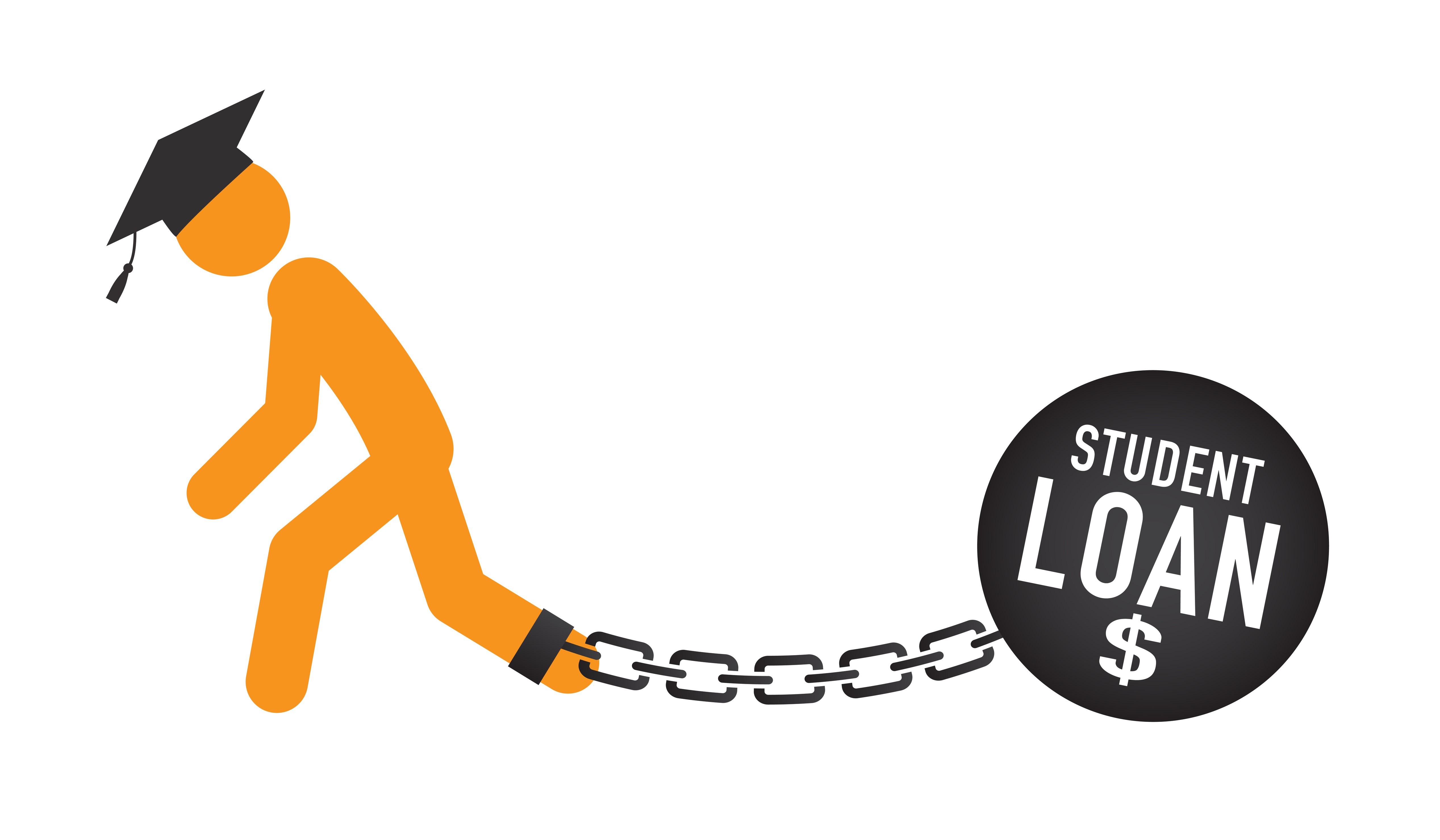Kerby Anderson
Should the federal government forgive college debt? That simple answer is no, but I want to explore the broader question of why this debate has even been taking place.
Let’s consider the situation. A student heads off to college and borrows money in order to receive a college degree. We should assume that he or she is smart enough to understand the conditions of the loan. We are talking about students smart enough to go to a university.
But then students begin to complain about having to pay back their college debt. I recently read about Michelle Obama complaining about having to pay back her loan she received in order to attend Princeton. Like other students at an Ivy League university, she received a discount on her tuition and then qualified for a student loan at a subsidized rate with easy repayment terms.
I would think she (and other Ivy League students) would be grateful for getting such a good education with a low-interest loan. But these reactions illustrate how even a college education has become an entitlement.
In case you haven’t figured it out, college debt forgiveness will benefit the rich and the middle class the most. In fact, students who attended the most prestigious institutions will likely be the greater beneficiaries.
This brings us to questions very few seem to be asking. Why should someone who never went to college be asked to pay taxes that will forgive the college loans of someone else? Why should someone (like me) who went to multiple colleges, took out loans, and dutifully paid them off now have to pay taxes to forgive the college loans of others who have not paid them off?
These are very important questions. But I suspect that such questions won’t be allowed to be asked when the college debt debate begins later this year.
 Listen Online
Listen Online Watch Online
Watch Online Find a Station in Your Area
Find a Station in Your Area











 Listen Now
Listen Now Watch Online
Watch Online
